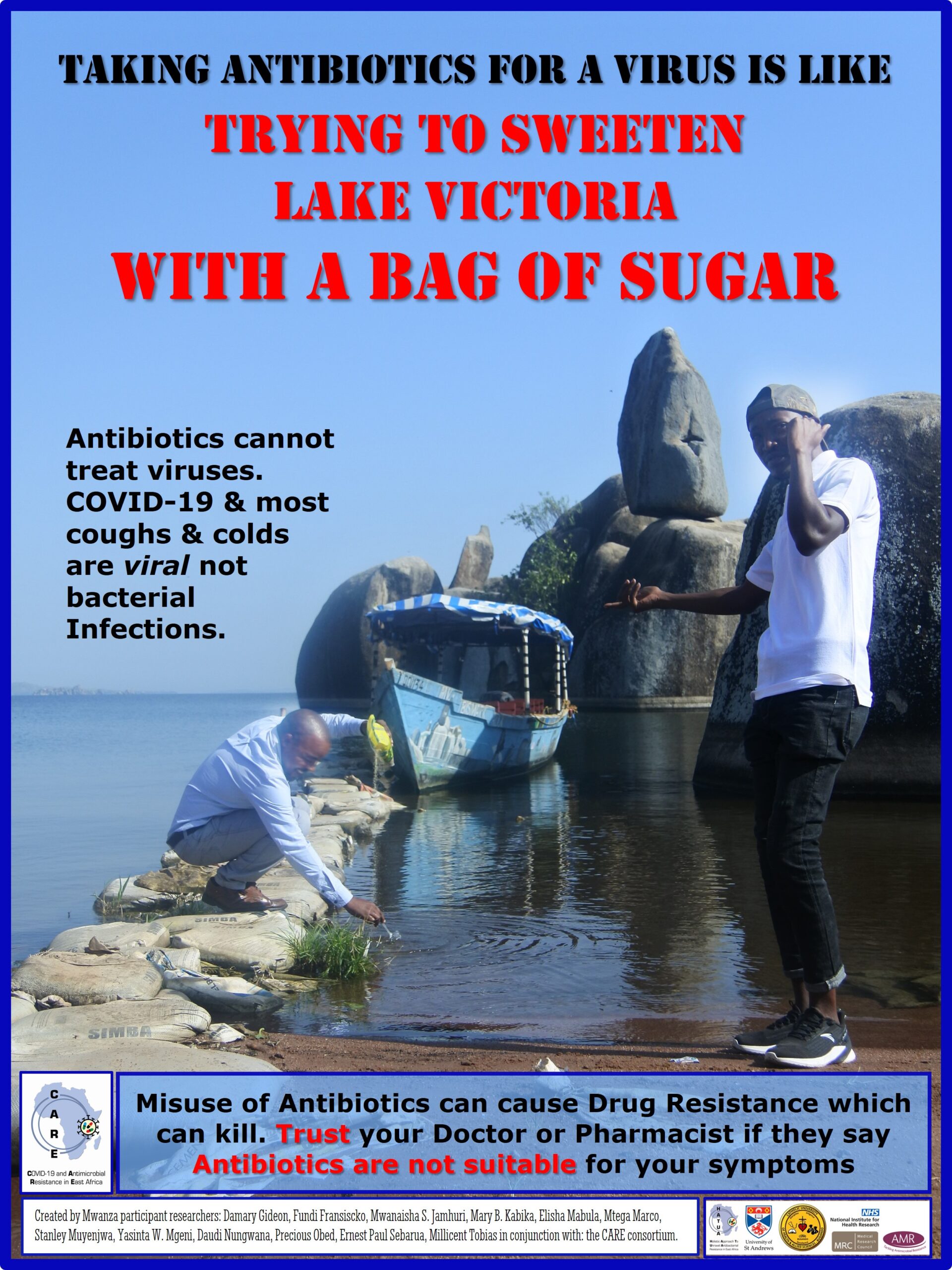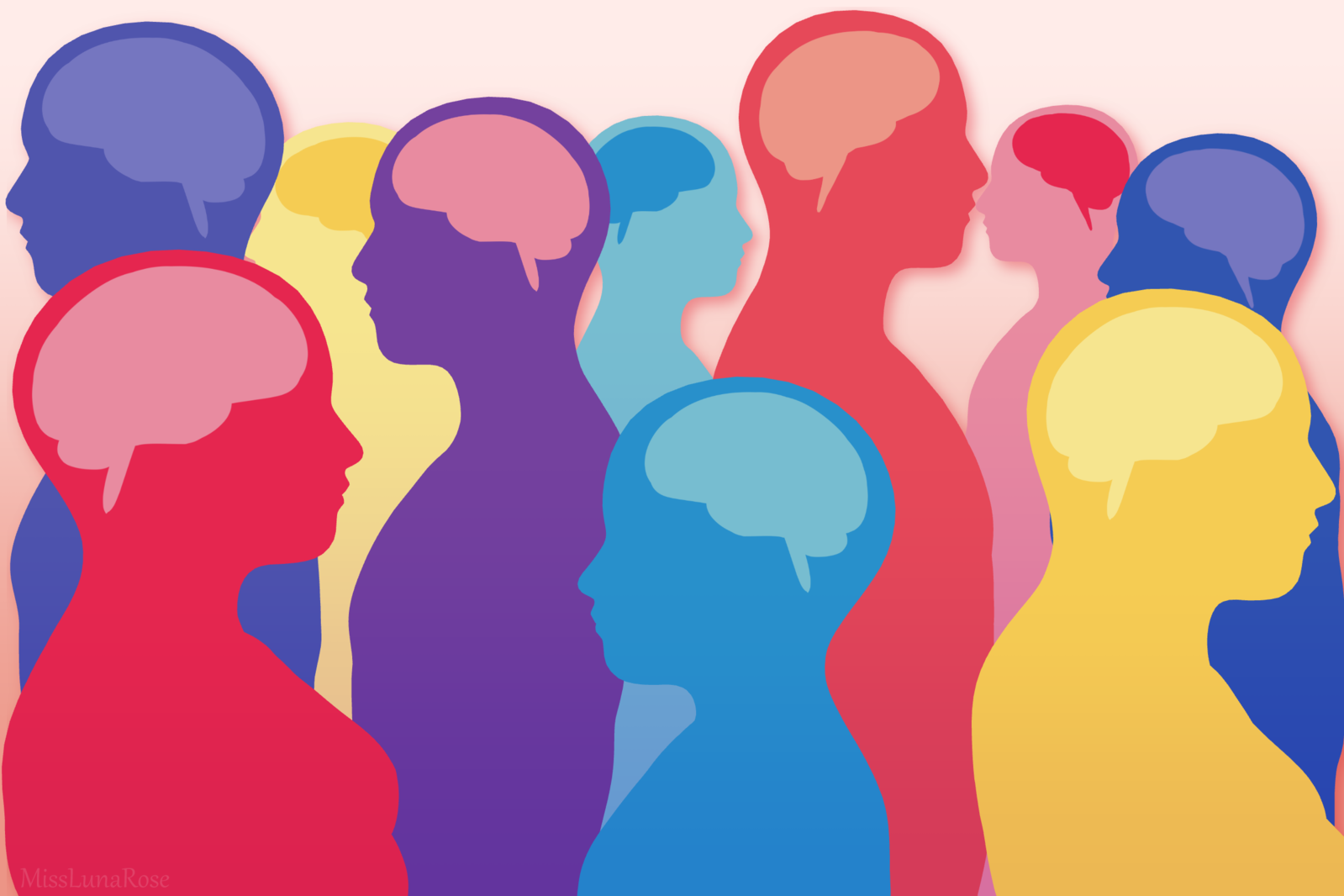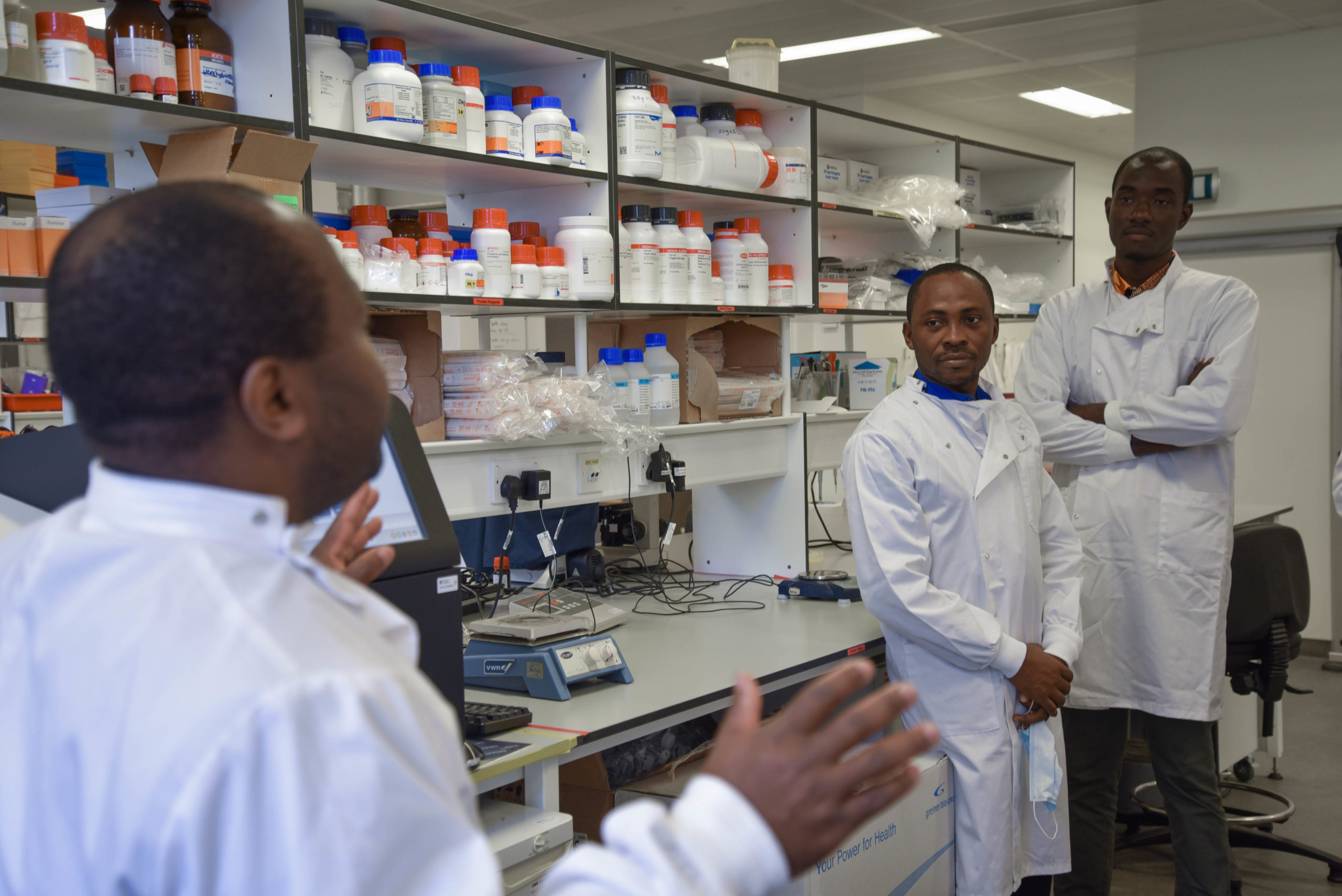Combining the sciences to tackle health challenges: UTI diagnosis, social science and SLIC
Urinary tract infections (UTIs) are among the most common infections investigated in clinical settings, affecting more than 404.6 million individuals in 2019. These bacterial infections are usually treated with antibiotics, but a global rise in antimicrobial resistance (AMR) has meant that diagnosing and treating UTIs increasingly requires a high level of specificity, in order to … Read more





